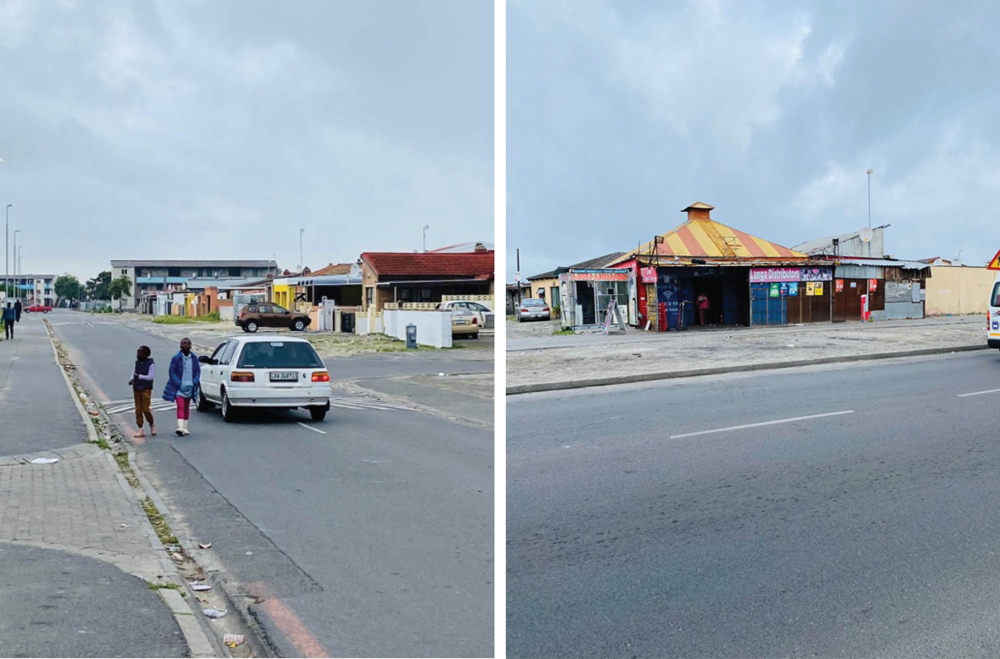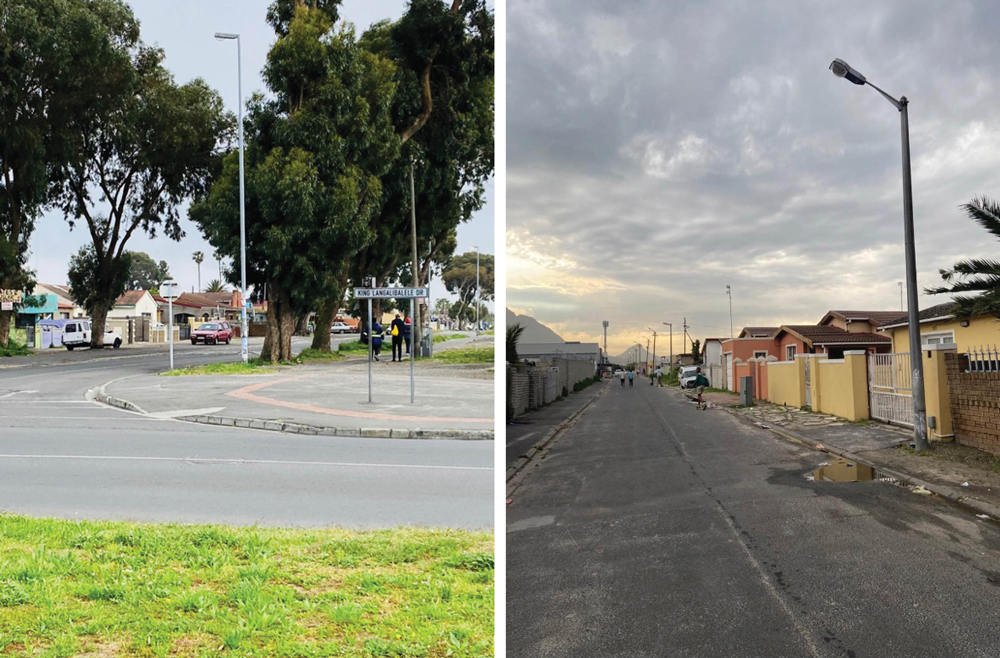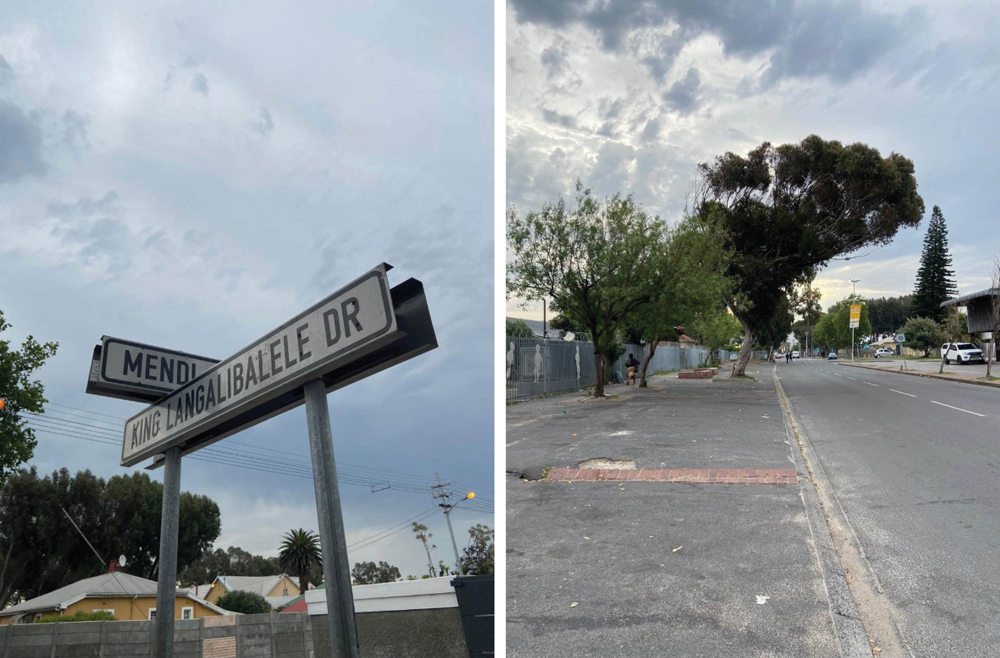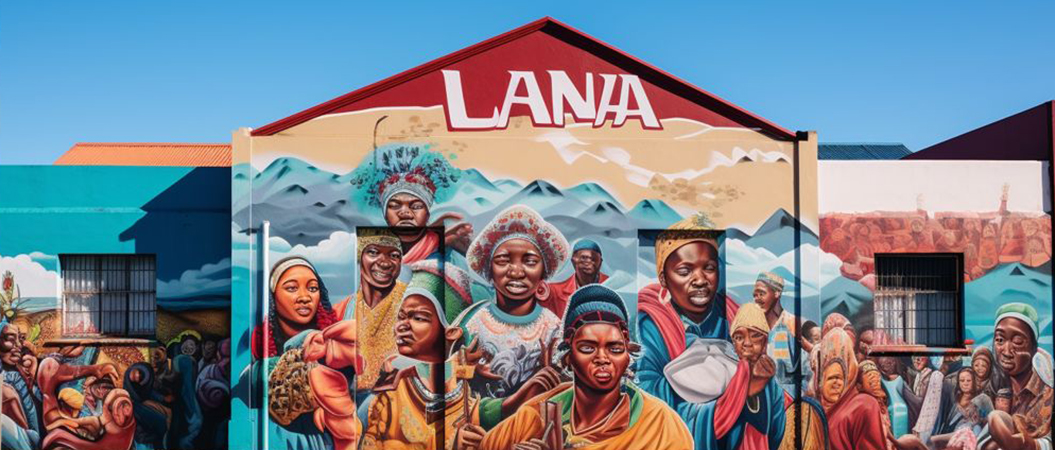Langa, a flawed yet culturally-rich township
A bustling hub of activity, Langa township in Cape Town, South Africa, is truly unique in so many ways. On every street corner, different small businesses are displayed – from hair salons set up in makeshift shacks to established restaurants set up by locals that attract tourists from all over the world. Schoolchildren chat happily together as they walk to and from school, keeping each other company on the journey.
Although townships aren’t unique to South Africa, they might take on a different meaning in other parts of the world. According to the Oxford English Dictionary, a South African township is “a suburb… of predominantly black occupation, formerly officially designated for black occupation by the Apartheid government”. Townships are known for being underdeveloped and often poverty-stricken (some more so than others). Due to a lack of service delivery from government agencies, many residents have taken it upon themselves to build up their communities by using their skills within the township, instead of using them to advance their careers in more developed parts of the country.

Established in the early 1920s, Langa is a significant part of the country’s history as it holds the title of being Cape Town’s oldest township. As the definition of townships indicates, it wasn’t exactly a peaceful start, as Langa was one of the designated areas where black South Africans were forced to live due to oppressive racial segregation policies.
Today, Langa still shows some signs of its tumultuous past. But more so, it presents characteristics of resilience, transformation and creativity. Its people are one of the charms of Langa as the residents are known for their warmth and willingness to share their stories.

Kholosa Jaji, 28, concurs. Although she has only lived in Langa for two years, she sees herself as a local. She is also one of many who are contributing to the community in a real way. Kholosa completed a skills development programme with an NPO, Just Grace, that focuses on uplifting the residents of Langa by providing free training in sewing, accounting and barista skills. She now works at the same organisation, having made her way up the ranks by volunteering once she was done with her course.
“I just love people from Langa and how they always support black businesses in Langa. They’re business-minded and they hire people within the community. Also, Langa is so small that it makes it easier to create bonds,” she says.
Langa is particularly well-known for this, especially in the area of food. Local shebeens (informal bars) are many, and small businesses serving hearty stews, flame-grilled meats and pap (a South-African term for maize porridge), are a must-see. Meals are beautifully paired with South African beers or the traditional beer, umqombothi.
The township is also a major cultural hub that includes art galleries and the Guga S’thebe Cultural Centre, which provides a platform for local artists and craftsmen to showcase their talents. The centre hosts events and exhibitions, giving tourists the chance to experience the rich cultural tapestry of Langa.
But art is also created on the streets, with impromptu dance performances or live music taking place on random pavements – riveting entertainment at no cost. The feeling of witnessing something that could garner the attention of millions is palpable, as talented musicians, artists and performers from Langa have gone on to make waves internationally. This includes the late Brenda Fassie, who was a South African sensation known as the “Madonna of the township”. In her lifetime, she won five prestigious South African Music Awards including Best Female Artist and Song of the Year in 1999.
Langa is certainly one of a kind. But like many South African townships, crime and a lack of security –especially for women and children – still heavily affect the community.

Kholosa has experienced her own share of insecurity in the township. “I asked one of the men from the neighbourhood to help me out with my electricity box and he agreed. I wanted to pay him but he insisted that he’ll help me out for free. Now he keeps coming to my house, asking for money. I feel so unsafe whenever I see him,” she says.
Crime has increased due to the high unemployment rate of 30% and lack of economic security. In 2016, it was reported that Langa contributes to 55% of all murders that take place in Cape Town. Residents have resorted to setting up their own policing through street committees, which survey hotspots for crime.
“Business people pay a protection fee so that they don’t get robbed. It’s not fair on people who are trying to make something of their lives. You don’t know if today might be your last, you might get killed at any minute,” Kholosa says.
She expresses how difficult it is to stay at home alone, with no protection as a woman. “I want to move to a place where I can stay alone with no fear that people can enter my house at any time and do whatever they want. No break-ins, just a peaceful place.”
This is a tricky position that most residents find themselves in. They would like to contribute to their community but yearn to live in a place where people don’t resort to crime out of sheer desperation.
However, hope is not lost, as NPOs such as Just Grace and the Amy Biehl Foundation work hard to empower the youth. The Amy Biehl Foundation was established by the parents of an American anti-apartheid activist who tragically lost her life in Gugulethu – a township bordering Langa, during protests in 1993. Their programmes in education and the arts assist in bridging divides and signify the power of forgiveness and healing. The list of NPOs actively working to help Langa to live up to its full potential is vast and diverse.

Despite its challenges, Langa represents a resilient community that has transformed the pain of the past into a vibrant celebration of culture, arts and life. A visit to Langa is an exploration of the human spirit’s ability to overcome adversity and thrive.

